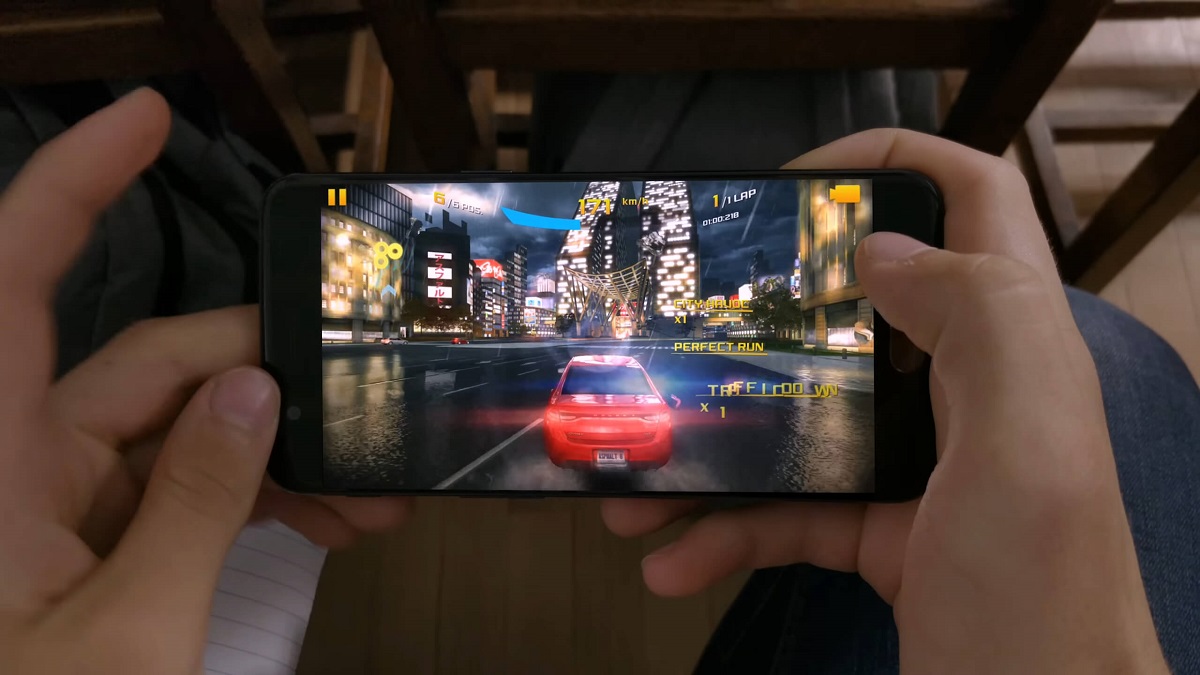
Brazil is seriously planning to introduce a ban on smartphones in schools. The new push comes from concerns over the effect of too much screen time on kids and teenagers, especially in a learning environment.
The Education Committee in Brazil’s lower house of Congress has already given the green light to a proposal aimed at curbing phone use. Education Minister Camilo Santana feels strongly about this, saying limits need to be set because devices are getting in the way of real learning and face-to-face interactions.
O Projeto de Lei que proíbe o uso de celulares e outros aparelhos eletrônicos portáteis em salas de aula foi aprovado pela Comissão de Educação da Câmara dos Deputados. Para alunos da educação infantil em intervalos também será proibido. #CNNPrimeTime pic.twitter.com/gDz9ME8i8G
— CNN Brasil (@CNNBrasil) October 31, 2024
Santana doesn’t just throw around empty words. He talks about how, in his day, school breaks were all about playing soccer or hanging out in the library. “Cell phones do away with socializing between students. No one talks anymore,” he pointed out. His comments reflect a bigger problem: smartphones are changing how young people communicate, and not for the better. Studies back this up, too.
Kids glued to screens are more likely to struggle with paying attention and learning effectively, which makes this whole issue a serious one.
Different Rules for Different Ages

The bill isn’t strict for all ages. For nursery and early elementary kids, bringing phones to school will be flat-out banned. Older students in late elementary and high school will have a bit more freedom. They can carry their phones, but the rule will be clear: no using them during school hours unless a teacher specifically allows it for an educational purpose.
Such an approach makes sense, as it takes into account that older students might have more practical reasons to carry phones, while younger ones really don’t need them in school.
Parents and the Public Weigh In
The public seems to be on board. A survey by Datafolha found that 62% of Brazilians over 16 support banning phone use by children and teenagers in school settings. Parents are even more in favor, with 65 percent backing the idea. This support sends a strong message: many families recognize that smartphones can do more harm than good in schools.
Manoela Miranda, who leads policy work at an education NGO, believes the bill is necessary. “We have to protect children’s learning spaces from being taken over by endless distractions,” she said. It’s clear that a lot of people think schools should focus on education, not social media or games.
Part of a Global Trend
Brazil isn’t alone in dealing with this. UNESCO has called for a worldwide ban on smartphones in classrooms, saying they hurt academic performance and make it harder for kids to focus. France has already implemented a ban, only making exceptions for educational use or to assist students with disabilities. Brazil might be next to take a stand.
We saw the same trend in some European countries, like Italy, which also introduced a ban on smartphones in schools.
BREAKING:
Giorgia Meloni’s government announces that Italy will ban smartphones in schools from 2025
— Visegrád 24 (@visegrad24) July 11, 2024
The big question is whether technology is helping or hurting education. Sure, we live in a digital age, but that doesn’t mean every minute of the school day should involve screens. There’s a fine line between using tech for good and letting it become a distraction.
What Comes Next?
What happens from here? The proposal still has to make its way through the rest of Congress. If it becomes law, Brazil could have one of the strictest smartphone policies for schools in the world. Until then, the debate will keep going. Students, parents, and teachers will all be watching to see what’s next.
The law became official on December 18, 2024, and Brazil enforces one of the strictest policies on smartphone use in schools.
















